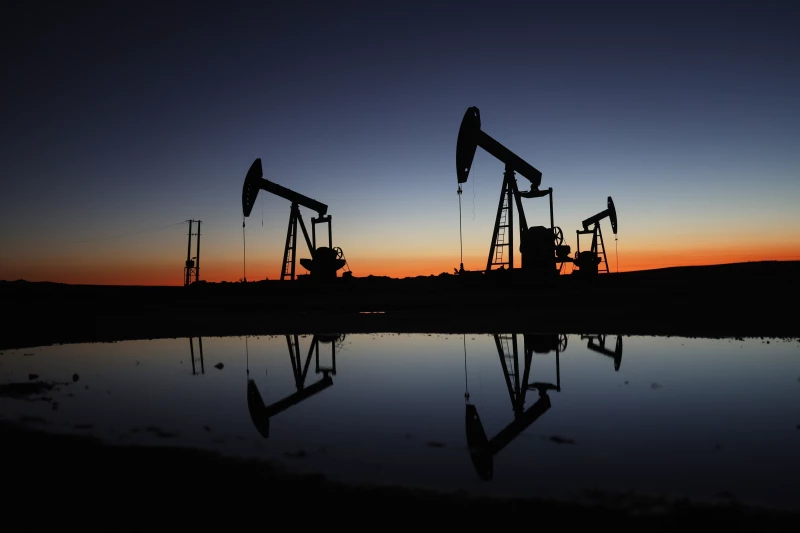ERBIL, Kurdistan Region of Iraq – The financial advisor to the Iraqi prime minister on Monday asserted that Iraq’s decision to halt imports of petroleum products would save the country five billion dollars annually, marking a major boon to the domestic economy.
In early November, Iraq announced self-sufficiency in the production of oil derivatives, with Prime Minister Mohammed Shia al-Sudani directing the oil ministry to halt all imports after domestic production exceeded consumption levels.
By halting the imports, the country achieves "significant savings in foreign currency for the benefit of the national economy by reducing annual imports of petroleum derivatives, which are estimated at about five billion dollars annually on average," Sudani’s Financial Advisor, Mazhar Mohammed Salih, told state media.
Another achievement underpinning the decision is "an increase in GDP of approximately 3 percent annually," according to Salih, who attributed the growth to added domestic production value rather than imports.
He further argued that the decision marks a "turning point" in Iraq’s economy, marking a shift from heavy dependence on crude oil exports to expanding refinery facilities allowing the country to export refined petroleum products, a shift that creates an “integrated economic structure encompassing extraction, production, and export."
“This direction represents an unprecedented industrial leap in the history of modern Iraq, achieved for the first time in two decades,” the advisor added, signaling a transformation “from a net consumer of oil wealth to a producer and exporter of added value."
A month prior, Iraq had reopened its largest oil refinery in Salahaddin province’s Baiji, a decade after its capture by Islamic State (ISIS) jihadists.
The country has also taken significant strides to develop its oil and gas sector in recent years. In July 2023, Iraq inked a $27 billion mega contract with France’s TotalEnergies to develop the oil and gas sector over 25 years.
Iraq produces an average of 4.4 million barrels of oil per day—the second largest in OPEC after Saudi Arabia—and exports 3.3 million barrels of that number.



 Facebook
Facebook
 LinkedIn
LinkedIn
 Telegram
Telegram
 X
X


